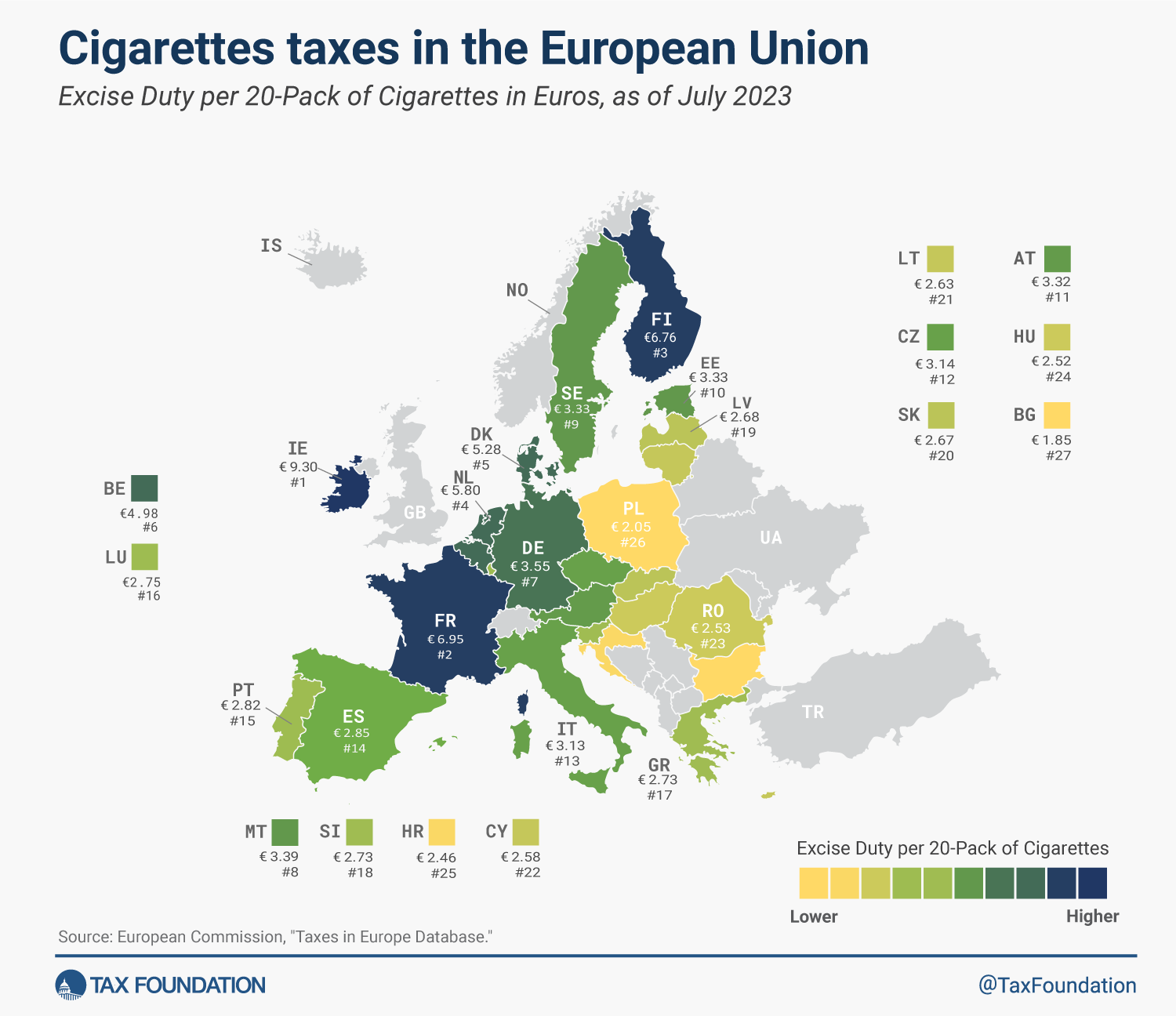The No Surprises Act: The Departments Proposed Another Increase to IDR Fee, Will it Stick?
On September 26, 2023, the Departments of Health & Human Services (HHS), Labor, and the Treasury (collectively, the Departments) jointly proposed rules (September Rule) updating the administrative fee and Certified Independent Dispute Resolution (IDR) entity fee ranges for the Federal IDR Process under the No Surprises Act. The new proposed fees of $150 (from $50) will take effect on January 1, 2024, after a notice and comment period. Comments on the rule are due by October 26, 2023. This rule comes as a relief to both payors and providers who have been waiting to hear when the Federal IDR Process will restart after the portal has been partially paused due to recent litigation.
What is the Federal IDR Process?
The Federal IDR Process was created under the No Surprises Act (NSA) to resolve payment disputes between payors and out of network providers relating to claims subject to the NSA. These NSA-covered claims include:
- emergency services furnished by a nonparticipating provider or nonparticipating facility;
- an item or service provided by a nonparticipating provider at a participating health care facility; or
- air ambulance service provided by a nonparticipating air ambulance provider.
For more information on the IDR Process, please see our prior post available here or listen to our recorded webinar which can be accessed here.
Background on the September Rule
The rule proposed this September was developed in response to the Texas Medical Association case discussed in our prior blog issued in August (TMA IV). The root of that litigation was when the Departments issued an amendment to the IDR process increasing the nonrefundable administrative fee for IDR from $50 to $350, an increase of 600%. On August 3, 2023, a United States District Judge in the Eastern District of Texas issued an order vacating the IDR administrative fee increase from $50 to $350 because the amendment was (i) issued without notice and comment period, and (ii) it was found to be arbitrary and capricious.
As a result of the Texas District Court’s decision, HHS temporarily suspended the Federal IDR process again, including the ability to initiate new disputes, until the Departments could provide additional instruction, causing more delays and headaches for providers and payors. However, on September 21 the Departments directed certified IDR entities to resume processing all single and bundled disputes submitted on or before August 3, 2023 so that disputes would be ready when the Federal IDR Process reopens.
After TMA IV, the Departments proposed two rules related to the Independent Dispute Resolution Process. The Office of Management and Budget added these rules to its list of regulatory actions under review and held 10 meetings with constituents and private parties to discuss the proposals. Ultimately, the Departments published a proposed rule, “Federal Independent Dispute Resolution (IDR) Process Administrative Fee and Certified IDR Entity Fee Ranges”, on September 26th. To both payor and provider’s relief alike, the rule proposes to reopen the IDR process in early 2024. Comments on the proposed rule are due October 26, 2023.
Want to Learn More?
For more information on recent developments and trends related to the NSA, please view our webinar titled “A Year After the No Surprises Act: What We’ve Learned and What to Watch Out For” from Thursday, September 28. The presentation can be accessed here.
Payor/Provider Convergence Blog Series
For additional resources on the intersection of payor/provider convergence and the issues that plague insurance and health companies, payors, and providers, click here to read the other articles in our series.
Foley is here to help you address the short- and long-term impacts in the wake of regulatory changes. We have the resources to help you navigate these and other important legal considerations related to business operations and industry-specific issues. Please reach out to the authors, your Foley relationship partner, our Payor/Provider Convergence Area of Focus, or to our Health Care Practice Group with any questions.






